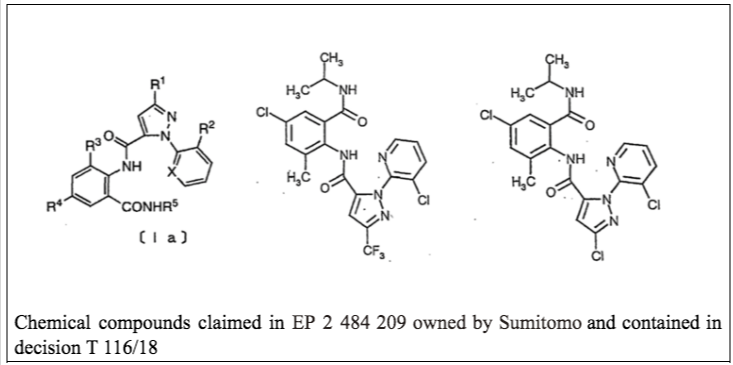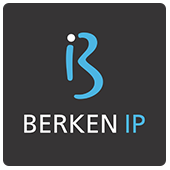

Plausibility before the European Patent Office
On March 23, 2023, decision G 2/21 was published regarding the “Plausibility” of an invention before the European Patent Office (EPO). According to the understanding of the EPO’s Enlarged Board of Appeal, the plausibility of an invention is related to the possibility of supporting a technical effect upon which the inventive step relies, through experimental data or evidence submitted after the filing of the patent application.
The filing of data or experimental results after the filing of a patent application is a common practice in the patent prosecution process. In general, these pieces of evidence of the inventive step are generally accepted when they support or clarify a result obtained through the invention. The acceptance of these pieces of evidence varies depending on the territory or technical area, but they are generally accepted when the technical effect being demonstrated is disclosed in the application as originally filed.
The Technical Boards of Appeal of the EPO, in several decisions, considered cases in which the technical effect was not explicitly disclosed but could be deduced or considered by a person having ordinary skill in the art based on the information of the patent application, regardless of their common general knowledge. In other words, they considered situations in which it was either credible or plausible, or it was not non-credible or implausible, that a certain technical effect could be obtained through invention disclosed in the application as originally filed.
In this context, decision T 116/18 referred three questions to the Enlarged Board. In summary, the questions aim to decide on the admissibility of evidence subsequently submitted when the technical effect is not explicitly disclosed in the application as filed, but when this effect would be considered plausible by a person having ordinary skill in the art based on the information of the patent application (ab initio plausibility), or when there is no reason for the skilled person based on the information of the patent application to consider this effect as implausible (ab initio implausibility).
To answer these questions, the Enlarged Board affirmed in G 2/21:
- Evidence submitted by a patent applicant or proprietor to prove a technical effect relied upon for acknowledgement of inventive step of the claimed subject-matter may not be disregarded solely on the ground that such evidence, on which the effect rests, had not been public before the filing date of the patent in suit and was filed after that date.
- A patent applicant or proprietor may rely upon a technical effect for inventive step if the skilled person, having the common general knowledge in mind, and based on the application as originally filed, would derive said effect as being encompassed by the technical teaching and embodied by the same originally disclosed invention.
With this decision, the EPO reaffirms its position regarding the evidence submitted after the date of filing of a patent application, and which intends to support a purported technical effect.
It is important to highlight that the Enlarged Board reminds that this approach is applicable for inventive step, but that according to the current practice of the EPO, it would not be applicable for the assessment of sufficiency of disclosure.
Furthermore, according to the Enlarged Board, plausibility is not a new requirement for patentability, as it is novelty, inventive step, industrial application, and sufficiency of disclosure, instead, it “rather describes a generic catchword seized in the jurisprudence” as a criterion to support a purported technical effect. The concept of plausibility would be already included and considered in all other requirements, for which is not necessary to amend the laws related to patentability.
There are some territories with very restrictive practices for accepting evidence submitted after the filing date of a patent application. For example, in Argentina, for the prosecution of patent applications in the pharmaceutical field, these subsequent submissions are generally not accepted. The effect that this new decision by the EPO will have on the practice of other territories remains to be assessed.
Emilio Berkenwald
Latest Posts
Patent prosecution highway in Argentina
In Argentina, there are three possible ways to request a PPH for patent applications, depending on the application’s characteristics. 1. PPH in cases...
Agreement with MINCyT and INTA to prepare a manual of good practices in technology contracts
We were selected by the Ministry of Science, Technology, and Innovation to collaborate with the National Institute for Agricultural Technology (INTA) in...
